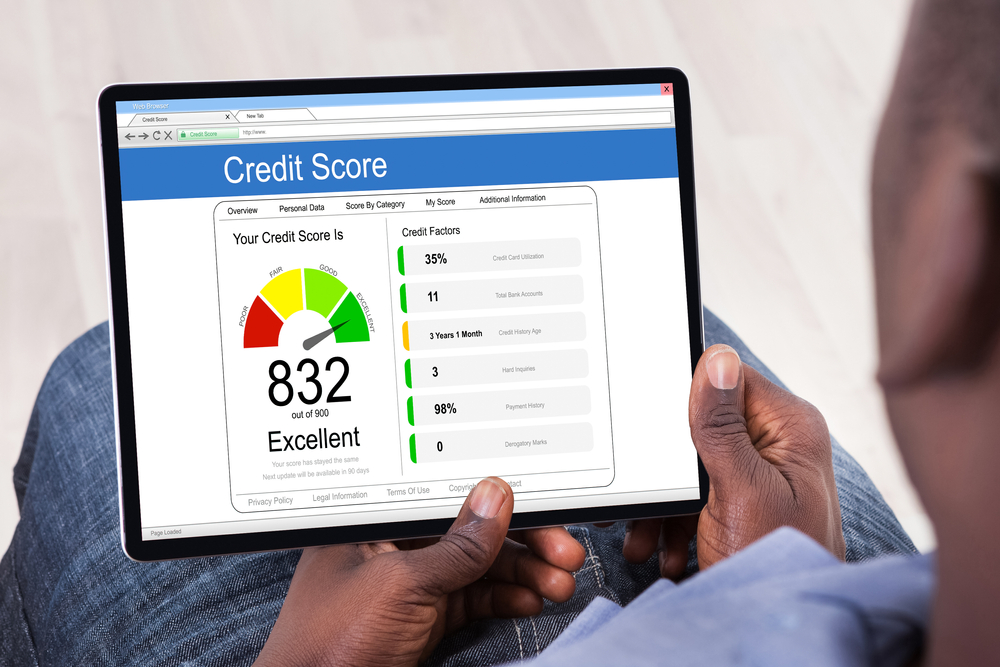In the modern financial landscape, credit scores play a crucial role in determining an individual’s ability to secure loans, rent apartments and even gain employment. However, not everyone has a pristine credit history. This reality has led some people to lie about their credit and, in extreme cases, attempt to use someone else’s credit to gain financial advantages. This article explores the reasons behind such behavior, the risks involved and how you can protect yourself from credit fraud.
Understanding the importance of credit scores
Credit scores are numerical representations of an individual’s creditworthiness. Ranging from 300 to 850, these scores are calculated based on various factors, including payment history, credit utilization, length of credit history, types of credit used and recent credit inquiries. A higher score indicates better creditworthiness and often leads to more favorable financial opportunities, such as lower interest rates on loans and higher credit limits.
The impact of poor credit
For those with poor credit scores, the financial world can be challenging. High-interest rates, frequent loan denials and limited access to rental properties are just a few of the hurdles they face. This financial strain can lead individuals to feel desperate and consider dishonest means to improve their situation. Understanding the impact of poor credit helps explain why some might resort to lying about their credit status.
Reasons people lie about their credit
Several motivations drive individuals to lie about their credit:
Financial desperation
Financial desperation is one of the most common reasons people lie about their credit. When faced with mounting debts, unemployment or unexpected expenses, individuals may feel compelled to present a more favorable credit picture to secure loans or other financial assistance. This desperation can lead to misrepresentations or outright fabrications of their credit status.
Social pressure and shame
Society often places significant emphasis on financial success and stability. Those with poor credit may feel ashamed or embarrassed about their financial situation, leading them to lie to avoid judgment from friends, family or potential employers. This social pressure can be a powerful motivator for dishonesty.
Opportunity for financial gain
In some cases, individuals lie about their credit to gain immediate financial benefits. This could involve securing a loan they would otherwise be ineligible for, obtaining a higher credit limit or getting approved for a rental property. The potential for financial gain can overshadow the risks of getting caught in the lie.
Avoiding rejection
Fear of rejection is another reason people lie about their credit. Whether applying for a job, renting an apartment or seeking a loan, the possibility of being turned down due to poor credit can drive individuals to misrepresent their creditworthiness.
The risks of lying about credit
While lying about credit might seem like a quick fix, it carries significant risks:
Legal consequences
Falsifying credit information can lead to serious legal repercussions. This includes charges of fraud, fines and potential imprisonment. Legal consequences serve as a deterrent, but the immediate pressure of financial hardship can sometimes overshadow these risks.
Damage to relationships
Lying about credit can strain relationships with friends, family and business associates. Trust is a fundamental component of any relationship, and when that trust is broken, it can be challenging to repair.
Long-term financial harm
If the lie is discovered, it can lead to further financial difficulties. For example, a lender might call in a loan if they discover false information on the application, leading to sudden and severe financial strain.
Why people try to use someone else’s credit
In more extreme cases, individuals may attempt to use someone else’s credit to achieve their financial goals. This practice, known as credit fraud or identity theft, involves using another person’s credit information without their knowledge or consent.
Easier access to credit
Using someone else’s credit, especially if it is in good standing, can provide easier access to financial products and services. This can be particularly appealing to those who have been repeatedly denied credit due to their poor credit history.
Avoiding personal financial responsibility
By using someone else’s credit, individuals can avoid the immediate consequences of their poor credit decisions. This allows them to make purchases or secure loans without impacting their credit score.
Intent to defraud
In some cases, the intent is purely to defraud. This involves malicious intent to steal and benefit financially from another person’s good credit. Such actions are criminal and punishable by law.
Protecting yourself from credit fraud
Credit fraud is a serious issue, and it’s essential to take steps to protect yourself:
Monitor your credit reports
Regularly checking your credit reports can help you identify any unauthorized activity. You are entitled to a free credit report from each of the three major credit bureaus (Equifax, Experian, and TransUnion) annually. Monitoring your reports allows you to spot and address any discrepancies quickly.
Use strong passwords and security measures
Ensure that your financial accounts are protected with strong, unique passwords. Use two-factor authentication where possible to add an extra layer of security. Be cautious about sharing personal information online and over the phone.
Be cautious with your information
Be mindful of where and how you share your personal information. Avoid giving out your Social Security number or other sensitive information unless absolutely necessary and ensure that the entities requesting it are legitimate.
Consider credit monitoring services
Credit monitoring services can provide additional protection by alerting you to any changes in your credit report. These services often come with a monthly fee but can offer peace of mind by keeping a close watch on your credit activity.
The ramifications of lying about credit
Lying about credit and attempting to use someone else’s credit are both driven by a variety of factors, including financial desperation, social pressure and the potential for financial gain. However, the risks associated with these actions far outweigh the potential benefits. Legal consequences, damage to relationships and long-term financial harm are just a few of the dangers involved.
Protecting yourself from credit fraud involves being vigilant about your credit reports, using strong security measures and being cautious with your personal information. By understanding the motivations behind these dishonest behaviors and taking proactive steps to safeguard your credit, you can better navigate the complexities of the financial world. Ultimately, building and maintaining good credit through honest and responsible financial practices is the best way to achieve long-term financial stability and success.
This story was created using AI technology.

















